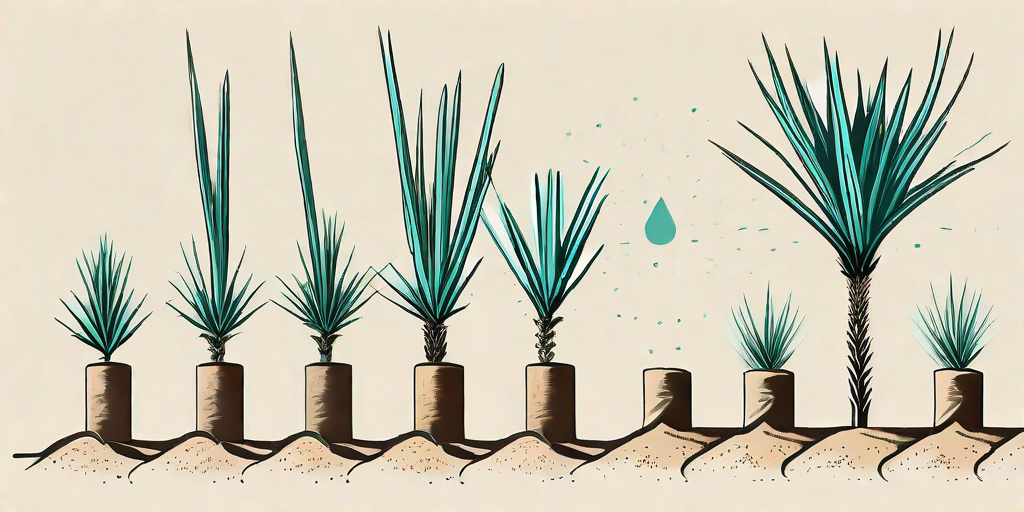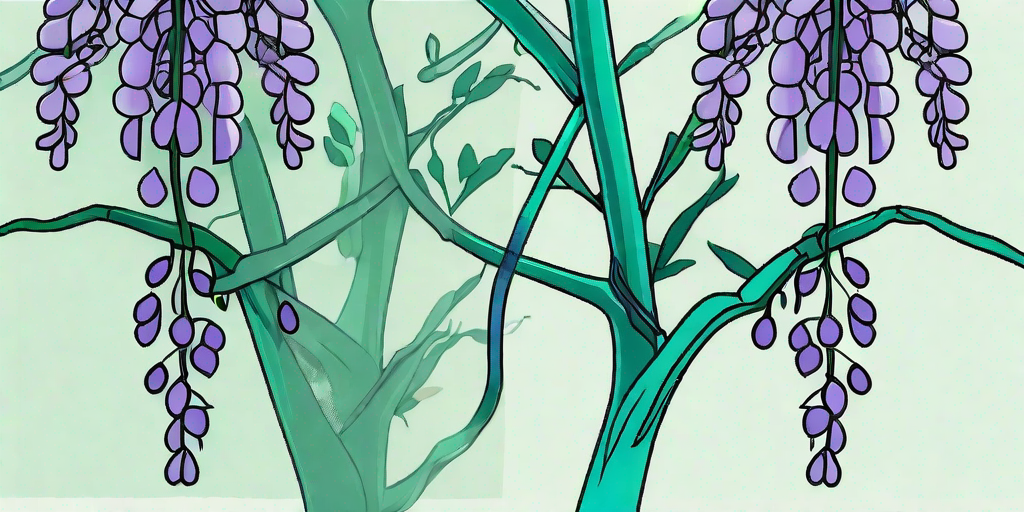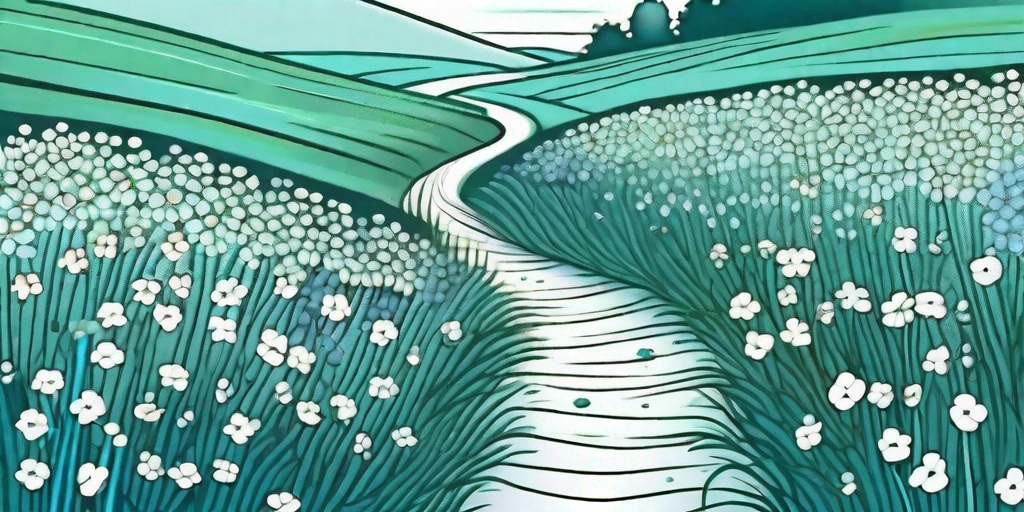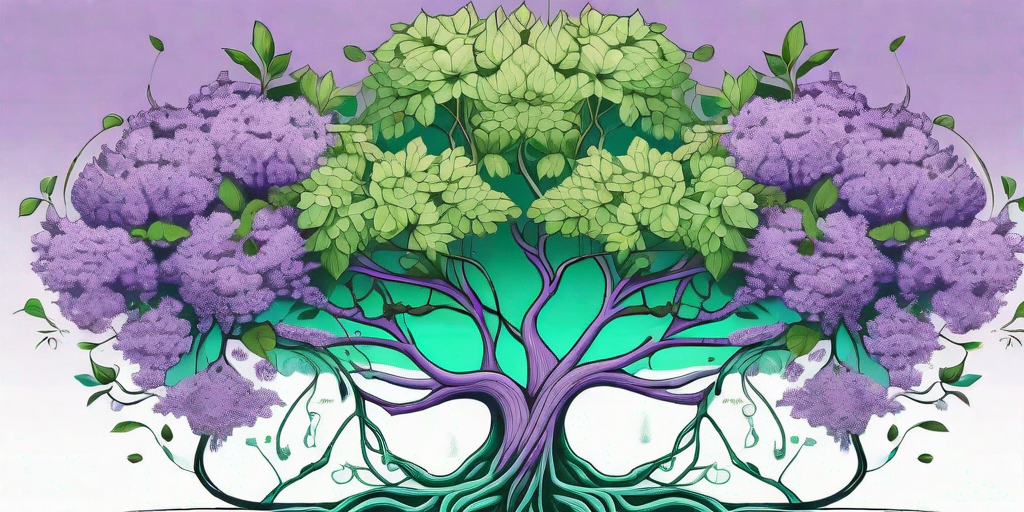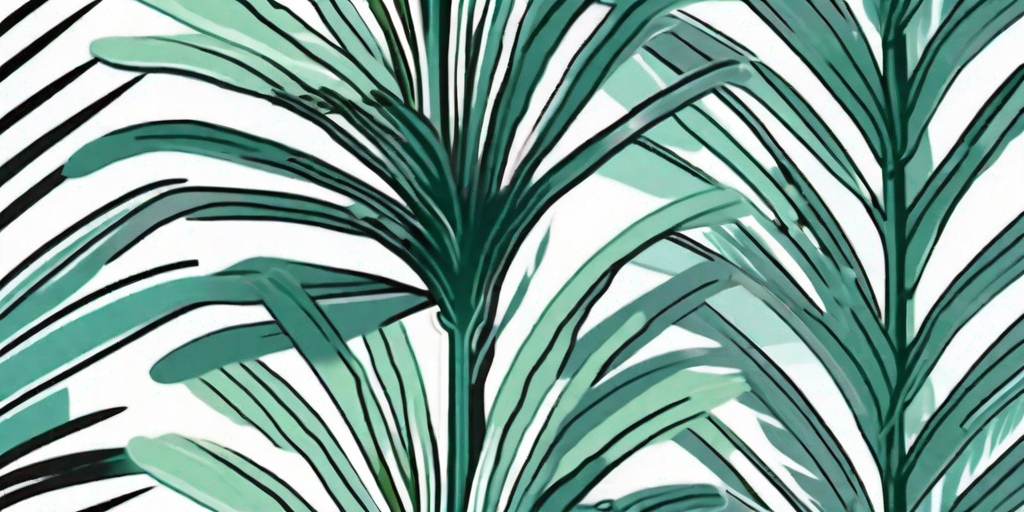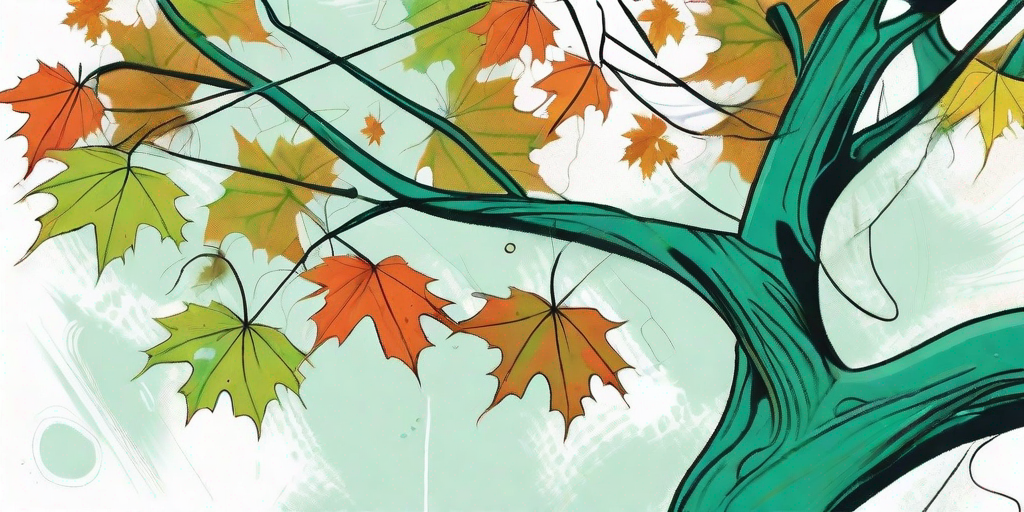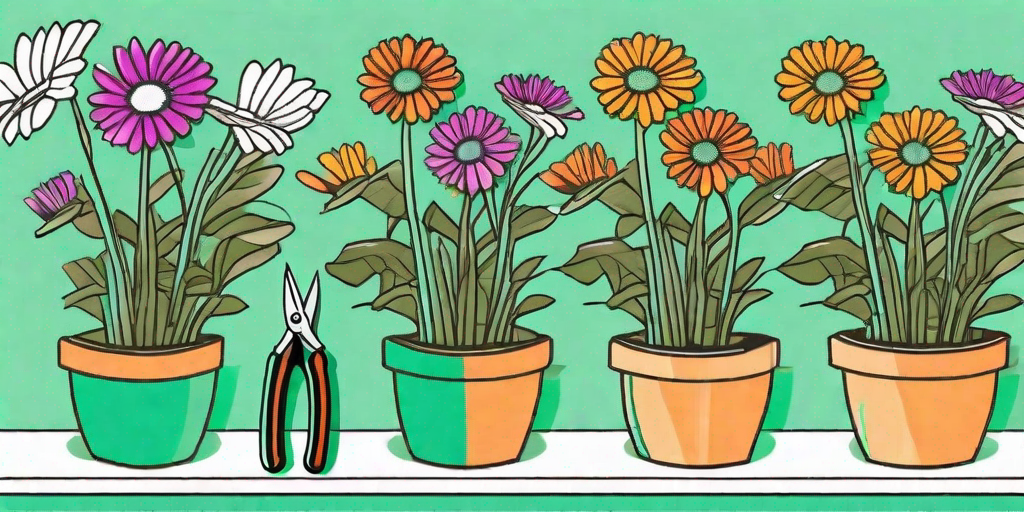
Welcome, green-thumbed adventurers, to the wild and wonderful world of yucca plants. These desert darlings are as hardy as they come, and with a little TLC, they can transform your garden into a veritable desert oasis. So, buckle up, plant enthusiasts, as we embark on a journey from seed to succulent.
Understanding the Yucca Plant
Before we dive into the nitty-gritty of yucca cultivation, let's take a moment to appreciate the beauty and resilience of these desert denizens. Native to the arid regions of the Americas, yucca plants are a testament to nature's adaptability. They're the botanical equivalent of a camel, storing water in their thick, waxy leaves to survive in harsh, dry climates.
But don't let their rugged exterior fool you. Yucca plants are also known for their stunning white flowers, which bloom like fireworks against the backdrop of their spiky leaves. In short, they're the perfect blend of beauty and brawn, making them a must-have for any garden.
Types of Yucca Plants
There's a yucca for every garden, with over 40 species to choose from. Some, like the Yucca elephantipes, can grow up to 30 feet tall, while others, like the Yucca glauca, are more modest in size. Each species has its unique characteristics, but they all share the same love for sunshine and disdain for overwatering.
Choosing the right yucca for your garden depends on your climate, soil type, and personal preference. But rest assured, whether you opt for the towering Yucca rostrata or the compact Yucca nana, you're in for a treat.
Planting Your Yucca Seed
Now that we've waxed poetic about the virtues of the yucca plant, let's get down to business. Growing a yucca plant from seed is a labor of love, but with patience and perseverance, you'll be rewarded with a stunning addition to your garden.
First things first, you'll need to get your hands on some yucca seeds. These can be purchased online or harvested from an existing yucca plant. Once you've procured your seeds, it's time to roll up your sleeves and get planting.
Step-by-Step Guide to Planting Yucca Seeds
-
Soak your yucca seeds in warm water for 24 hours. This softens the seed coat and speeds up germination.
-
Fill a pot with a well-draining soil mix. Yucca plants detest waterlogged soil, so a blend of half potting soil and half coarse sand is ideal.
-
Plant your seeds about 1 inch deep and cover with soil. Water lightly, ensuring the soil is moist but not soggy.
-
Place your pot in a warm, sunny spot and wait for the magic to happen. Germination can take anywhere from a few weeks to a few months, so patience is key.
Caring for Your Yucca Plant
Once your yucca seedlings have sprouted, it's time to switch gears from gardener to caretaker. Yucca plants are relatively low-maintenance, but they do have a few specific care requirements to keep in mind.
Firstly, yucca plants love the sun. They need at least six hours of direct sunlight each day, so choose a sunny spot in your garden or a south-facing window for indoor plants. Secondly, yucca plants are not fans of water. Overwatering is the quickest way to a yucca plant's heartbreak, so water sparingly and ensure your soil drains well.
Pruning and Repotting
Like any plant, yucca plants benefit from a little grooming now and then. Pruning helps maintain the plant's shape and encourages new growth. It's best to prune in the spring, removing any dead or damaged leaves with a sharp pair of garden shears.
Repotting is another important aspect of yucca care. Yucca plants are slow growers, so they don't need to be repotted often. However, if your plant becomes root-bound or the soil becomes depleted, it's time for a new pot. Choose a pot that's one size larger than the current one and use a well-draining soil mix.
Frequently Asked Questions
Are Yucca Plants Poisonous?
Yucca plants are not generally considered poisonous, but they can cause irritation if ingested. It's always a good idea to keep plants out of reach of curious pets and children.
Do Yucca Plants Need a Lot of Water?
No, yucca plants are drought-tolerant and prefer dry soil. Overwatering can lead to root rot, so it's best to err on the side of caution and water sparingly.
Can Yucca Plants Grow Indoors?
Absolutely! Yucca plants make excellent houseplants, provided they receive enough sunlight. Just remember to water sparingly and provide a well-draining soil mix.
Conclusion
And there you have it, folks! The journey from seed to succulent may be long, but the reward is well worth the wait. With their striking appearance and hardy nature, yucca plants are a fantastic addition to any garden or home. So why not give it a go? After all, every desert oasis needs a yucca plant or two.



